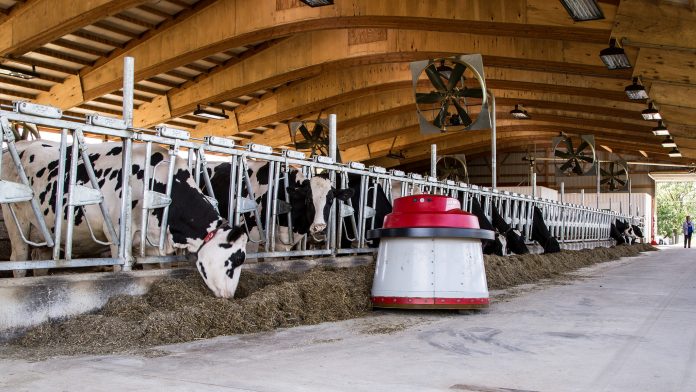The global food system is broken. And as a result, billions of people around the world are either underfed or overweight. This is the bad news. The worse news is that the current situation is driving the planet towards climate catastrophe.
According to a report published by the InterAcademy Partnership (IAP), providing a healthy, affordable, and environmentally friendly diet for all people will require a radical transformation of the system. This will depend on better farming methods, wealthy nations consuming less meat and countries valuing food which is nutritious rather than cheap.
As reported by The Guardian, the report, which was peer reviewed and took three years to compile, sets out the scale of the problems as well as evidence-driven solutions.
The global food system is responsible for a third of all greenhouse gas emissions, which is more than all emissions from transport, heating, lighting and air conditioning combined. The global warming this is causing is now damaging food production through extreme weather events such as floods and droughts.
The food system also fails to properly nourish billions of people. More than 820 million people went hungry last year, according to the UN Food and Agriculture Organisation, while a third of all people did not get enough vitamins. At the same time, 600 million people were classed as obese and 2 billion overweight, with serious consequences for their health. On top of this, more than 1bn tonnes of food is wasted every year, a third of the total produced.
“The global food system is broken,” said Tim Benton, professor of population ecology, at the University of Leeds, who is a member of one of the expert editorial groups which produced the report. He said the cost of the damage to human health and the environment was much greater than the profits made by the farming industry.
“Whether you look at it from a human health, environmental or climate perspective, our food system is currently unsustainable and given the challenges that will come from a rising global population that is a really [serious] thing to say,” Benton said.
Another member of the IAP editorial group, Aifric O’Sullivan, from University College Dublin, said: “We need to ensure that policymakers inform consumers about the climate impacts of their food choices, provide incentives for consumers to change their diets, and reduce food loss and waste.”

